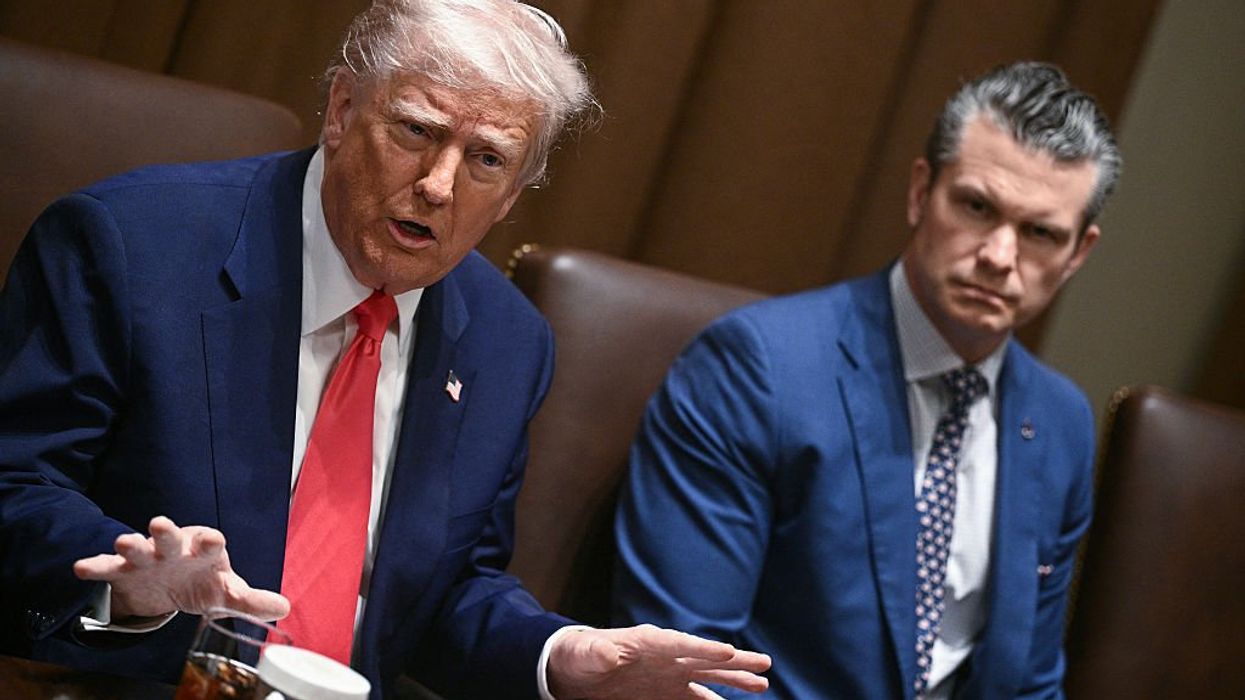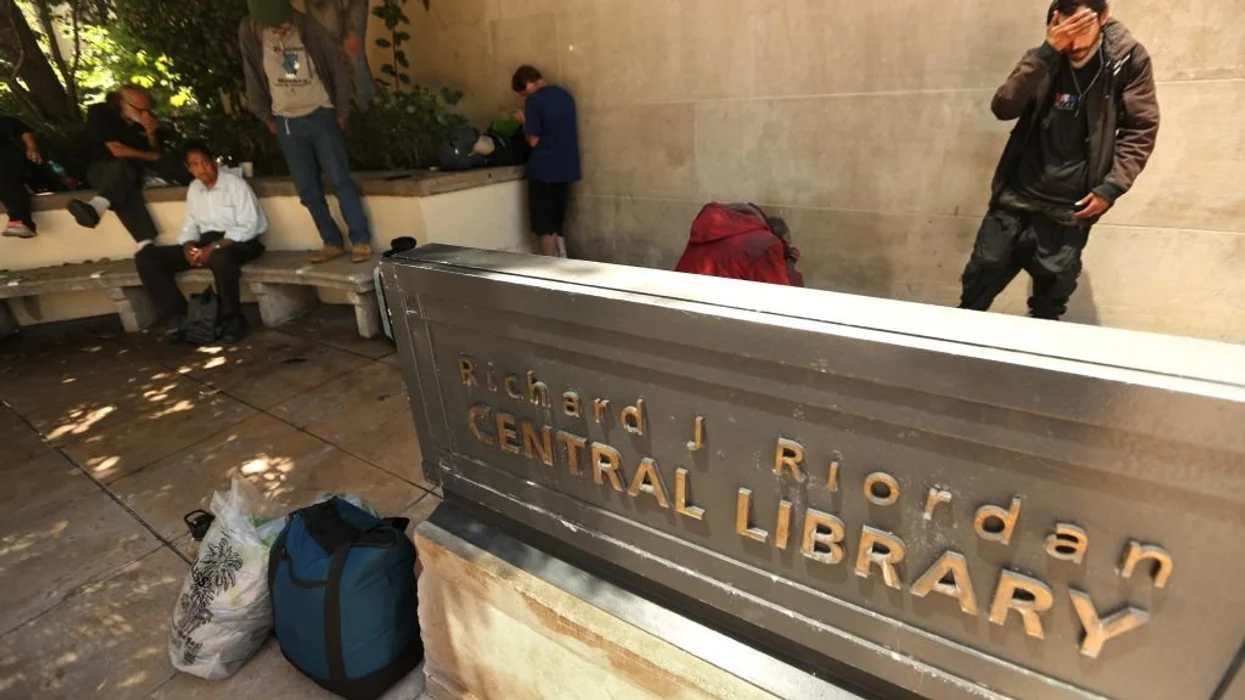
© 2025 Blaze Media LLC. All rights reserved.
Ethicist's Stunning Challenge: Why Wait Until a Patient Is Dead to Harvest Organs?
April 09, 2013
We've seen ethicists discussing the controversial topic of time of death and organ donation before. Now, another ethicist is discussing the "moral insignificance of death" when it comes to organ donation in the latest issue of Cambridge Quarterly of Healthcare Ethics.
As pointed out by BioEdge, Walter Glannon, a Canada Research Chair in Medical Bioethics and Ethical Theory and professor at the University of Calgary, is among the many ethicists that have begun questioning whether it's necessary to wait until death before harvesting organs, especially in light of recent shortages.
 This graph highlights the gap between the number of donors, recipients and those on an organ waiting list. Info for the graph was from optn.transplant.hrsa.gov and OPTN/SRTR Annual Report. (Image: OrganTransplant.gov)
This graph highlights the gap between the number of donors, recipients and those on an organ waiting list. Info for the graph was from optn.transplant.hrsa.gov and OPTN/SRTR Annual Report. (Image: OrganTransplant.gov)
Glannon's abstract states (the full article is available for purchase) "it is not the timing or declaration of death that matters morally in this type of organ donation" -- this type being one based on patient autonomy (or lack there of) and nonmaleficence.
"This position rejects the conviction that whether donors are harmed depends upon when death is declared and that procuring organs before this declaration always harms them," Glannon wrote.
Glannon continued that time of death can be "one of the most vexed questions" as it pertains to organ donation, because in some cases the organ will not remain viable after the official declaration of death is made. Glannon also argues that following the dead donor rule (DDR) doesn't always protect the patient from harm in that it might "defeat their interest of donating viable organs."
BioEdge expounded upon Glannon's thoughts regarding how a patient could be harmed if their organs were not taken in time:
Harm, he says, is thwarting a person’s interests. If a patient wanted to donate his organs, he would harmed if they were not donated, or if they were unsuitable for donation because doctors waited for them to die first. “We should reject the view that organ donors are beyond harm only after they have been declared dead and that they are harmed if organ procurement occurs before this time.”If this is true, though, why can’t people donate organs when they are well – perhaps as a way of committing suicide? Highly unlikely, [Glannon] responds. Such people would be irrational and hence not capable of the fundamental criterion, acting autonomously. “It is usually the experience of an irreversible, hopeless condition that makes a person conclude that life is no longer worth living.”
"Violating the DDR by carrying out earlier organ procurement from consenting donors can benefit them by realizing their intention to donate and can benefit transplant recipients by ensuring good graft survival," Glannon wrote.
In his piece, Glannon discusses the controversy regarding time of death and explains how it is not "morally significant" when it comes to the "question of harm in organ donation."
In his arguments, Glannon cites a patient who has a neurological condition rendering them permanently unconscious and "more controversially," he acknowledges, cases of conditions where the patient might not remain permanently unconscious or is sure to die where it still might be permissible to harvest the organs.
--
Related:
- Shock Article: Bioethicists Suggest Killing Someone With 'No Autonomy Left' Is Not Morally Wrong
- 'Brain Dead' Student Awakens Just Hours After Doctors Suggest Pulling the Plug
- Oregon Man Begs for Kidney Donor...on the Side of the Road
- NYC to Dispatch New 'Organ Preservation Units' With 911 Responders
Featured image via Shutterstock.com.
Want to leave a tip?
We answer to you. Help keep our content free of advertisers and big tech censorship by leaving a tip today.
Want to join the conversation?
Already a subscriber?
more stories
Sign up for the Blaze newsletter
By signing up, you agree to our Privacy Policy and Terms of Use, and agree to receive content that may sometimes include advertisements. You may opt out at any time.
Related Content
© 2025 Blaze Media LLC. All rights reserved.
Get the stories that matter most delivered directly to your inbox.
By signing up, you agree to our Privacy Policy and Terms of Use, and agree to receive content that may sometimes include advertisements. You may opt out at any time.





